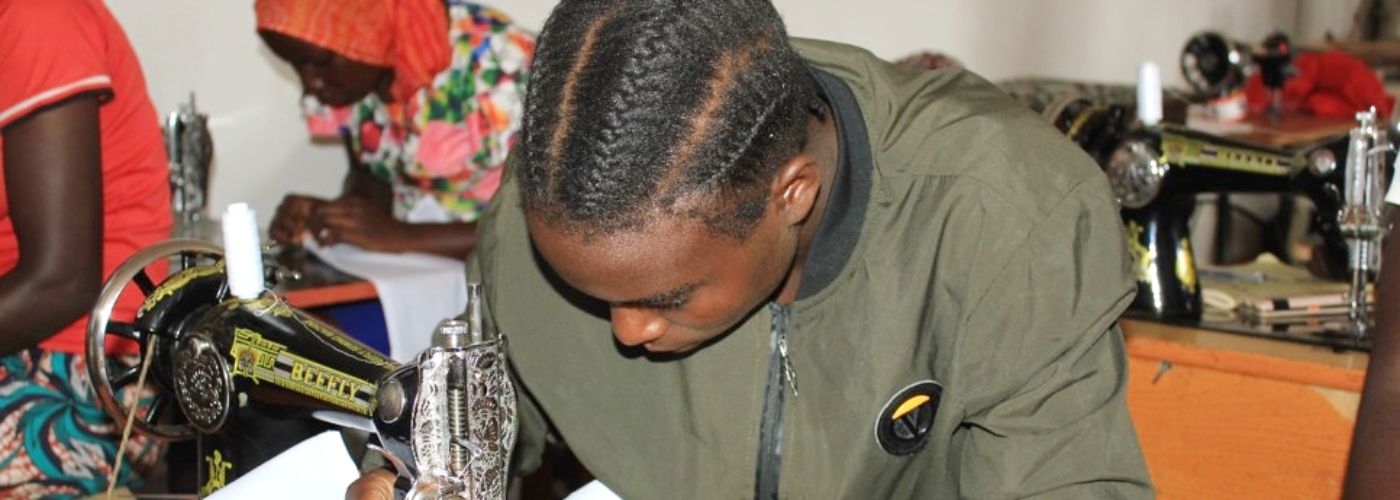In all WNCB countries, since the beginning of the project, partners implement activities that support youth to acquire vocational and/ or life skills to transition into (self) employment. On the basis of a mapping of these activities done by the Education working group, interesting practices were shared during the Global meeting in The Hague. The participants concluded that further exchange could help them improve or complement their own approaches. In October, the Education Working Group organized two online exchange meetings. The first one focused on skills development and vocational training.
Skills development and vocational training
In the introduction, programme manager Sofie Ovaa referred not only to the programme objectives, but also to the Sustainable Development Goals and to the Durban Call for Action (2022) that includes a recommendation on skills development and vocational training, as well as on quality apprenticeships, particularly in rural areas. This specific focus on rural areas is very important as it is where most child labour occurs and where the education infrastructure is less developed.
Three countries came up with an interesting practices, such as shifting from formal to community-based vocational training (Uganda), working with marginalized youth (Jordan) and developing employability tool kits that were integrated in the formal curriculum for vocational training (Viet Nam). The presentations were followed by two breakout sessions, the first on ensuring quality training, the second one on the (local) relevance of training. Participants shared their experiences on how to develop quality trainings including making them more inclusive, especially for girls, and on how to make sure that what is learned fits the needs of the local context. An interesting find was that contrary to the MTR recommendation on market responsiveness (that seemed absent or insufficient), all partners carry out market assessments or analyses to find out what the best job perspectives are and what training is most needed. These attempts to be market responsive were just a lot less formal and more local than what the MTR research team may have been looking for.
Engagement with the private sector and quality apprenticeships
The second meeting focused on the engagement with the private sector and quality apprenticeships. After a short presentation by a representative of the ILO on the recently adopted Recommendation on Quality Apprenticeships, again three countries (Ivory Coast, Mali, India) presented an interesting practice. The francophone country representatives (Mali, Ivory Coast) showed the cooperation between the WNCB partners, governments and/or chambers of trades to work towards a sustainable regulatory framework for decent apprenticeships. Such apprenticeships need to be real learning opportunities where trained master tradespersons or craftsman supervise the apprentices. India is a country where there is a challenge in cooperating with the private sector. Apprenticeships are mostly not an option because most local businesses operate in the margins of the law.
Downloads
In English: the webinar report and the recommendations for sustainability.
In French: Rapport du webinaire et recommandations en matière de durabilité.

